Culturally relevant pedagogy is a transformative approach that significantly enhances classroom dynamics and student outcomes. By integrating students’ cultural backgrounds into teaching practices, educators can create a more inclusive and engaging learning environment. This methodology not only promotes diversity and inclusivity but also improves academic performance by connecting lessons to students’ real-world experiences. As a result, students feel more valued and understood, leading to stronger teacher-student relationships and a more dynamic educational experience. In this article, we explore the top strategies for implementing culturally relevant pedagogy, highlighting how these methods
Explore this topic thoroughly with gameshoek.com
1. Enhances student engagement
Culturally relevant pedagogy significantly enhances student engagement by making learning more relatable and meaningful. When educators incorporate students’ cultural backgrounds into their teaching, they create a connection between academic content and students’ lived experiences. This relevance sparks students’ interest and motivation, as they see their own culture reflected in the curriculum. By including culturally diverse materials and examples, teachers can capture students’ attention and foster a deeper investment in their studies.
Engagement increases when students recognize that their perspectives and experiences are valued, leading to active participation and enthusiasm for learning. This approach also encourages students to share their own cultural insights, enriching classroom discussions and promoting a more dynamic learning environment. As students feel more connected to the content, their engagement naturally rises, leading to improved focus and enthusiasm. Overall, culturally relevant pedagogy transforms the learning experience, making it more engaging and effective by aligning educational content with students’ cultural re
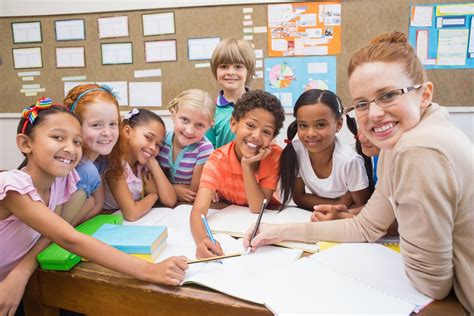
2. Promotes inclusivity and diversity
Culturally relevant pedagogy is a powerful tool for promoting inclusivity and diversity within the classroom. By incorporating students’ cultural backgrounds into teaching practices, educators create an environment where all students feel represented and valued. This approach acknowledges and celebrates the diverse cultural identities of students, helping to dismantle barriers and reduce biases.
In practice, this means using a variety of teaching materials and methods that reflect different cultural perspectives and experiences. For example, integrating literature, history, and examples from a range of cultures helps students see their own identities in the curriculum while learning about others. This not only fosters a greater appreciation for diversity but also encourages students to engage with and respect different viewpoints.
Moreover, when students see themselves reflected in their education, they are more likely to feel a sense of belonging and inclusion. This inclusive atmosphere supports positive social interactions and reduces feelings of isolation among minority students. Ultimately, culturally relevant pedagogy helps build a more equitable and supportive learning environment for everyone.
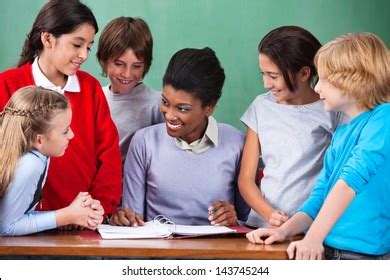
3. Improves academic outcomes
Culturally relevant pedagogy contributes significantly to improved academic outcomes by making learning more effective and meaningful for students. When educators incorporate students’ cultural backgrounds into their teaching, the curriculum becomes more engaging and relatable, which enhances students’ understanding and retention of the material. This relevance helps bridge the gap between students’ prior knowledge and new content, facilitating deeper learning and higher achievement.
Students who see their cultural experiences reflected in their education are more motivated to participate and excel. This increased motivation translates into better performance on assignments and assessments. Additionally, culturally relevant pedagogy often includes diverse teaching strategies that cater to various learning styles, ensuring that all students have the opportunity to succeed.
Furthermore, when students feel that their cultural identities are acknowledged and valued, they are more likely to develop a positive attitude towards learning. This supportive environment encourages perseverance and resilience, contributing to overall academic success. By integrating students’ cultural contexts into the learning process, educators create conditions that foster higher levels of achievement and improved academic outcomes for all students.
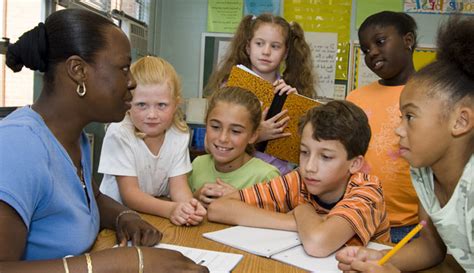
4. Builds stronger teacher-student relationships
Culturally relevant pedagogy plays a crucial role in building stronger teacher-student relationships by fostering mutual respect and understanding. When educators incorporate students’ cultural backgrounds into their teaching practices, they demonstrate a genuine commitment to recognizing and valuing each student’s unique identity. This approach helps create a more personalized and empathetic learning environment, where students feel seen and appreciated.
By integrating students’ cultural experiences into the curriculum, teachers can connect with students on a deeper level, making the learning experience more relevant and engaging. This connection enhances trust and rapport between teachers and students, as students perceive their teachers as more relatable and invested in their individual needs. For instance, using culturally relevant materials and examples allows teachers to address students’ interests and experiences, leading to more meaningful interactions and communication.
Moreover, when students feel that their cultural backgrounds are acknowledged, they are more likely to engage openly and honestly in the classroom. This open dialogue strengthens the teacher-student relationship and creates a supportive learning environment where students feel comfortable expressing themselves and seeking help. Overall, culturally relevant pedagogy fosters a positive and respectful classroom atmosphere, laying the foundation for stronger, more supportive relationships between educators and their students.
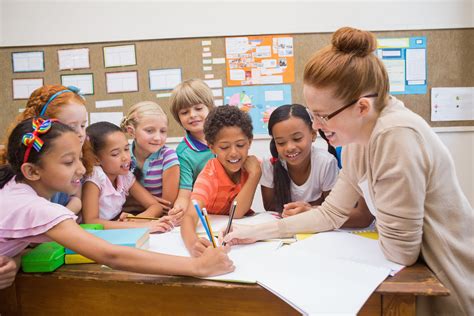
5. Reflects students’ cultural backgrounds and experiences
Culturally relevant pedagogy is essential for reflecting students’ cultural backgrounds and experiences in the classroom. By integrating elements from students’ diverse cultures into the curriculum, educators make learning more relatable and meaningful. This approach ensures that students see their own identities represented in the educational content, which enhances their connection to the material and boosts their sense of belonging.
In practice, this means including culturally diverse perspectives in lessons, such as using literature, historical examples, and case studies from various cultures. Additionally, acknowledging and incorporating students’ personal experiences and cultural traditions can enrich classroom discussions and activities. This reflection not only validates students’ cultural identities but also promotes a deeper understanding of different perspectives among all students.
When the curriculum resonates with students’ own cultural backgrounds, it helps bridge gaps in knowledge and creates a more inclusive learning environment. Students are more likely to engage with and excel in their studies when they see their experiences valued and reflected in their education. Culturally relevant pedagogy thus plays a crucial role in ensuring that all students feel represented and supported in their learning journey, ultimately fostering a more dynamic and equitable educational experience.
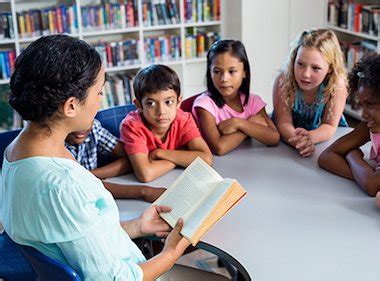
Culturally relevant pedagogy transforms classrooms by enhancing student engagement, promoting inclusivity, improving academic outcomes, and building stronger teacher-student relationships. By reflecting students’ cultural backgrounds, educators create a more dynamic and supportive learning environment. Embracing these strategies helps ensur
gameshoek.com
